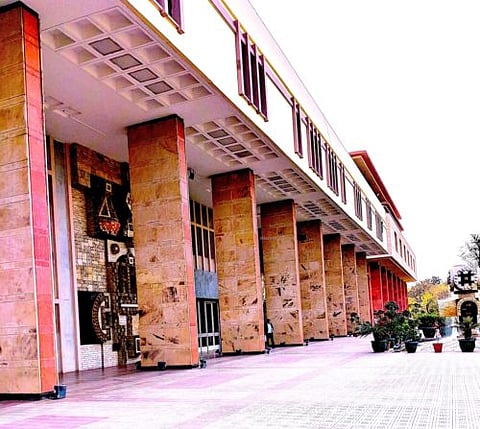
- News
- Columns
- Interviews
- Law Firms
- Apprentice Lawyer
- Legal Jobs
- हिंदी
- ಕನ್ನಡ

The Delhi High Court has held that a claim for gratuity in excess of the ceiling limit prescribed under Section 4(3) is not at all beyond the scope of the Payment of Gratuity Act, 1972.